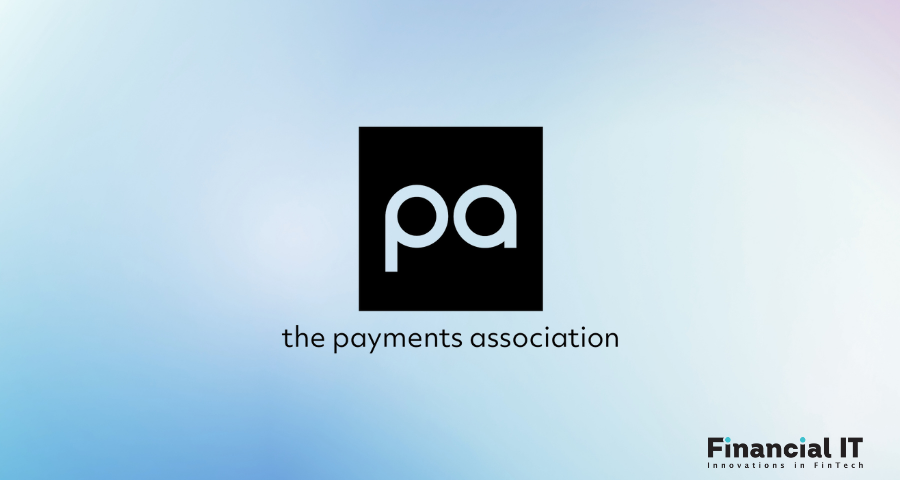NatWest Strengthens Retail Banking Leadership With...
- 27.02.2026 11:15 am
Brink’s to Acquire NCR Atleos for $6.6 Billion,...
- 27.02.2026 08:20 am
OpenPayd Delivers Multi-Currency Settlement...
- 26.02.2026 02:05 pm
Rainforest Launches Embedded PayPal Integration For...
- 26.02.2026 12:55 pm
Liberis and Dojo Partner to Provide SMBs Day One...
- 26.02.2026 11:25 am
ClearBank Moves Into New London HQ as It Reaches £18B...
- 26.02.2026 10:05 am
Klarna Reaches 55 Million Monthly App Users as Usage...
- 26.02.2026 08:55 am
Payoneer Files Application for U.S. National Trust...
- 26.02.2026 08:55 am
TerraPay Partners With Raenest to Enable Faster...
- 26.02.2026 08:45 am
MANTL Partners With MeridianLink to Offer Integrated...
- 26.02.2026 08:35 am
Worldline Announces Strategic Sale Of Its Indian...
- 26.02.2026 05:15 am
FinTech Australia Urges Government to Open Procurement...
- 25.02.2026 03:05 pm






















